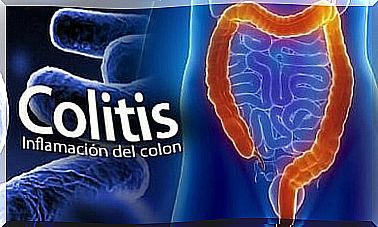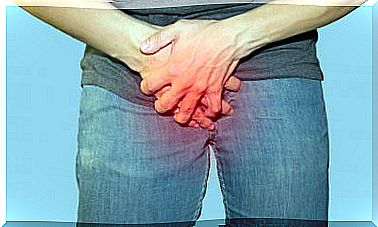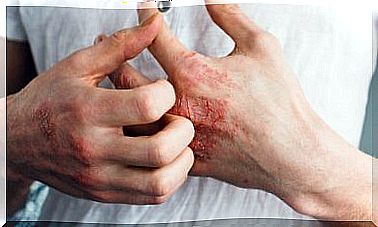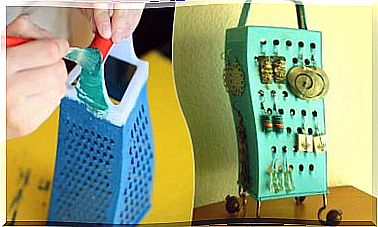How To Lose Weight After Menopause
Losing weight after menopause can be quite an ordeal. This stage of our life can cause unexpected changes in our figure. For that reason, it is important to know that something can be done about it.
As this study points out, during menopause there is a much higher prevalence of obesity. This is due to the increase in visceral fat that occurs due to the hormonal changes that our body is undergoing.
Although weight gain can catch us off guard, the truth is that we can find a solution. With a proper diet, some physical exercise and, above all, with a lot of patience, we can lose weight after menopause.
What is menopause?
Before discovering how to lose weight after menopause, we believe it is essential to clarify some concepts. Menopause is the period in which a woman’s reproductive phase comes to an end.
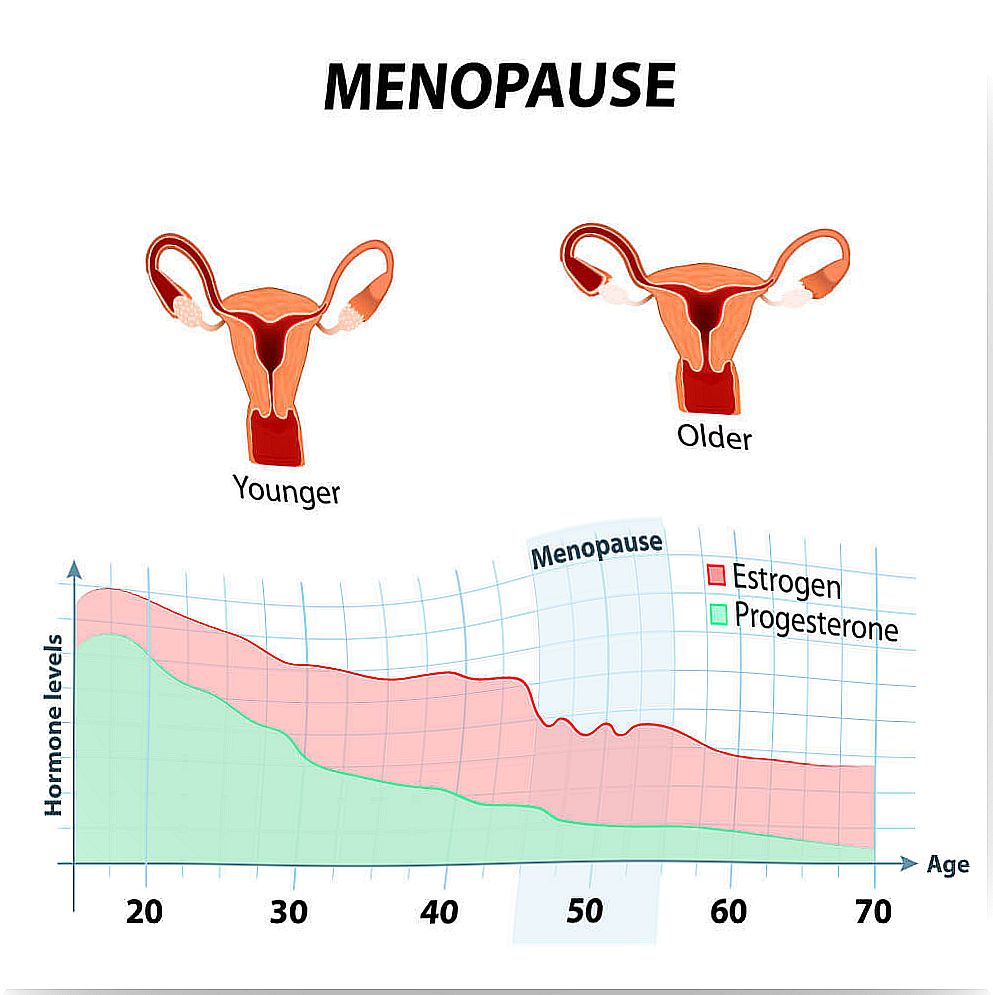
The ovaries progressively lose the ability to produce the hormones that regulate the menstrual cycle (estrogen and progesterone). Therefore, once menstruation stops, menopause begins. This usually occurs around the ages of 45 and 55.
When menopause occurs, the body changes. Hormonal imbalances occur that can cause some unpleasant symptoms:
- Sleeping problems
- Hot flashes and cold sweats.
- Joint pain
- Osteoporosis.
- Urinary and sexual problems.
Losing weight after menopause
This stage of changes that our body experiences during menopause comes with one more symptom and that is that our metabolism slows down. This means that, although we eat in the same way as always, we are going to tend to gain weight.
For this reason, we are going to see what we can do to lose weight after menopause so that the kilos do not become a concern. Of course, let’s bear in mind that we will have to make some changes in our lifestyle and pay more attention to what we consume.
Not on a strict diet
Going on a strict diet to lose weight quickly after menopause is a mistake. Let’s remember the rebound effect that all those diets considered “miracle” tend to produce.
For this reason, we must progressively make some changes without sacrificing, at any time, the fact of eating a complete diet that contains all kinds of nutrients.

Increase the consumption of fruits and vegetables
One of the ways to lose weight is to introduce more fruits and vegetables in our diet. Instead of having a snack, how about two fruits and a few nuts?
The amount of minerals and nutrients that these foods contain make them essential. In addition, they will help us avoid going to sweets or buns that have a large amount of sugars.
However, the fact of consuming fruits and vegetables does not mean that we should gorge ourselves on them. Let’s remember to eat at least 5 meals a day so as not to feel the hunger that can make us eat up to 5 fruits at once. This is not healthy, fruits also contain sugar.
Reduce salt
If you are one of those people who like to season food with a lot of salt, this change may require a great effort. However, it will be worth it.
Excess salt in our diet during menopause is not a good thing. The hormonal imbalance that we are experiencing already causes us to retain fluids and the salt will only increase this problem. Therefore, the less, the better.
Perform physical exercise
Performing physical exercise is a habit that we should incorporate whether we are going through menopause or if it is still a long way off.
This does not mean that we should join a gym, but that just walking 30 minutes a day is enough to move our body and promote weight loss.

Today, we lead very sedentary lives. For this reason, exercise should become a daily habit, especially in menopause. Exercising just twice a week may not give us the results we are looking for.
Research backs it up
According to a publication in the Obstetrics and Gynecology Clinics of North America , physical activity is a powerful tool for health promotion and disease prevention in perimenopausal women and, of course, in the general population.
Even when women dedicate time to exercise before reaching this stage, they are more likely to ensure a menopausal transition and healthy aging.
Finally…
These specialists can help you lead a much healthier life that favors weight loss (or weight control) during this stage of your life. Are you in it? What problems are you having?




